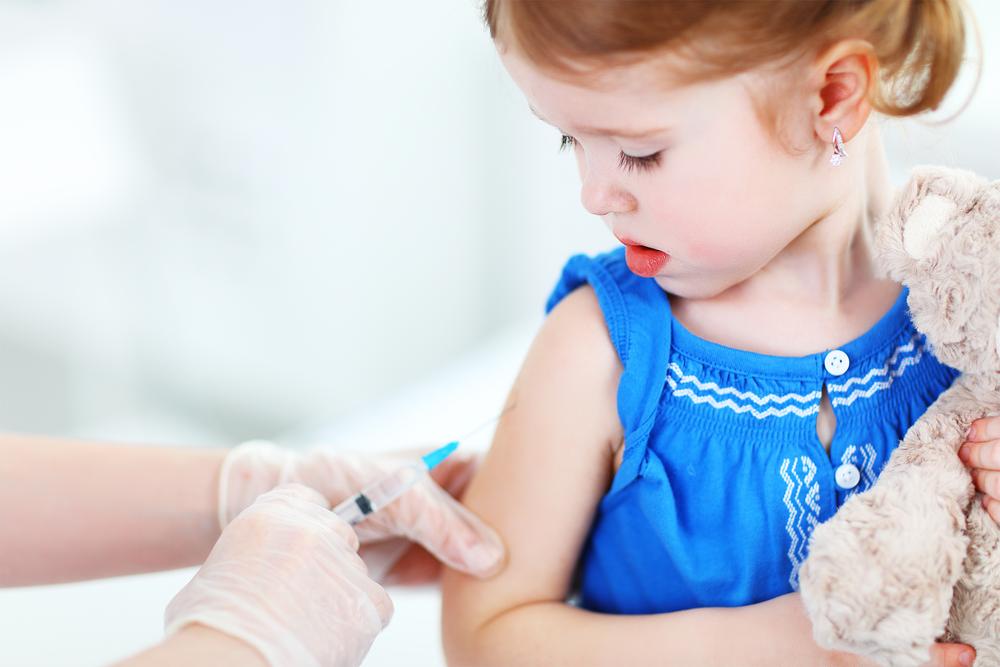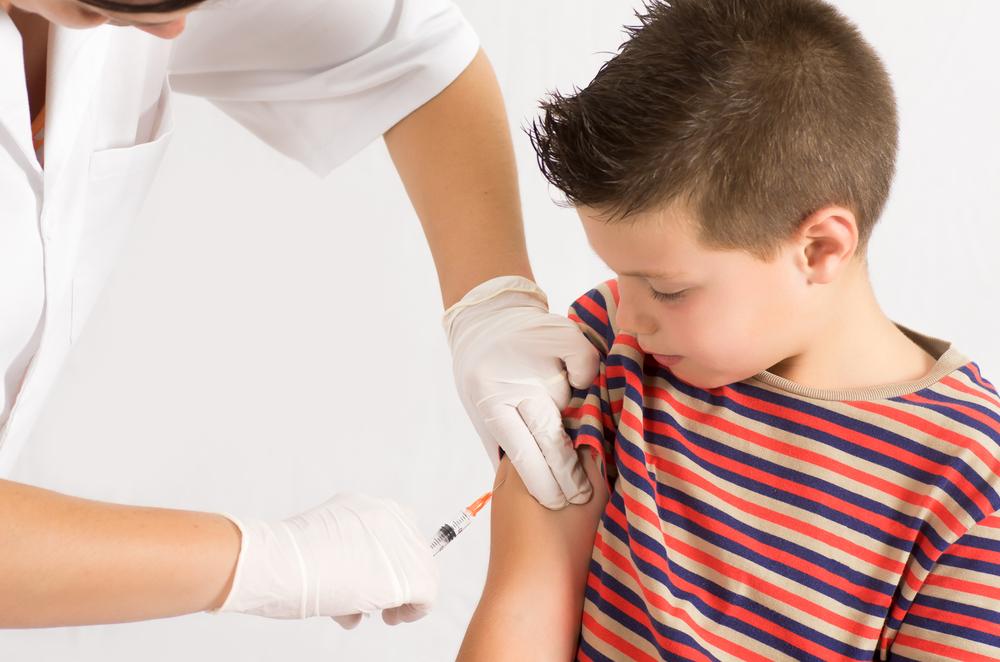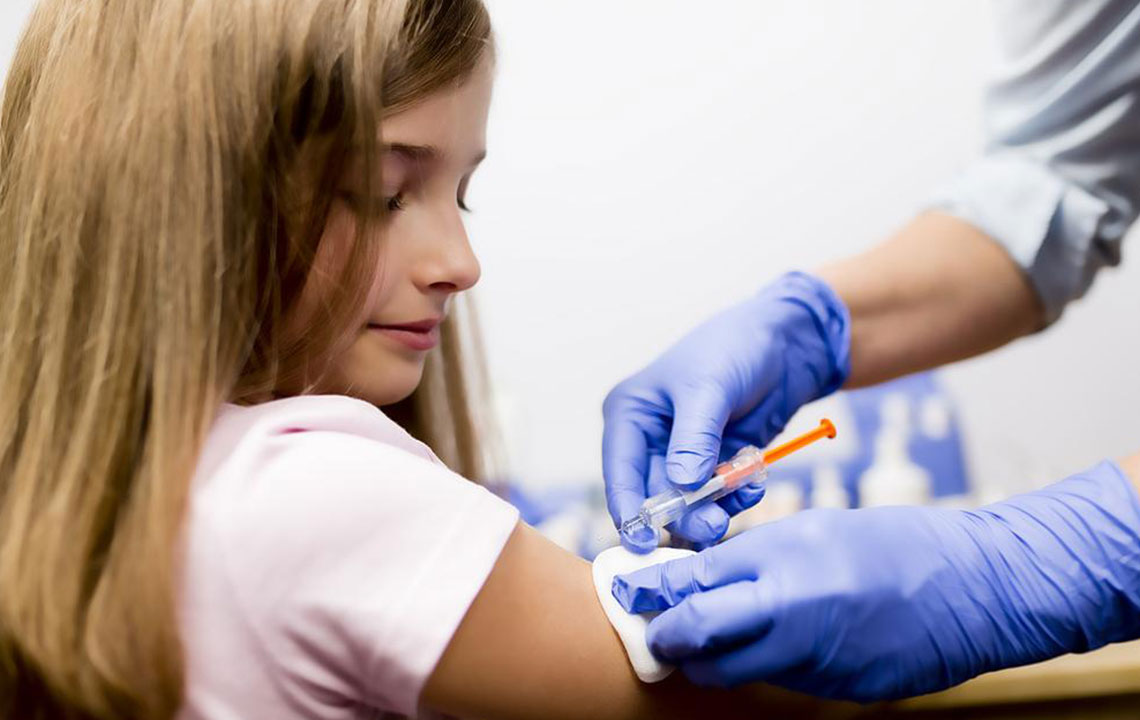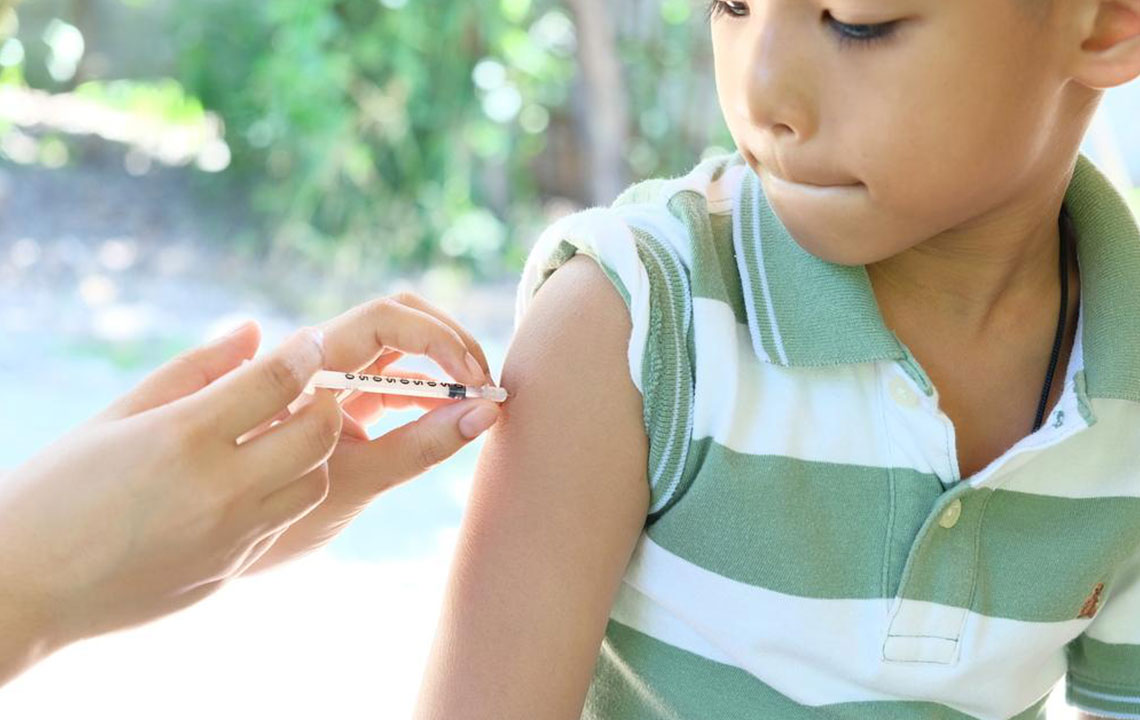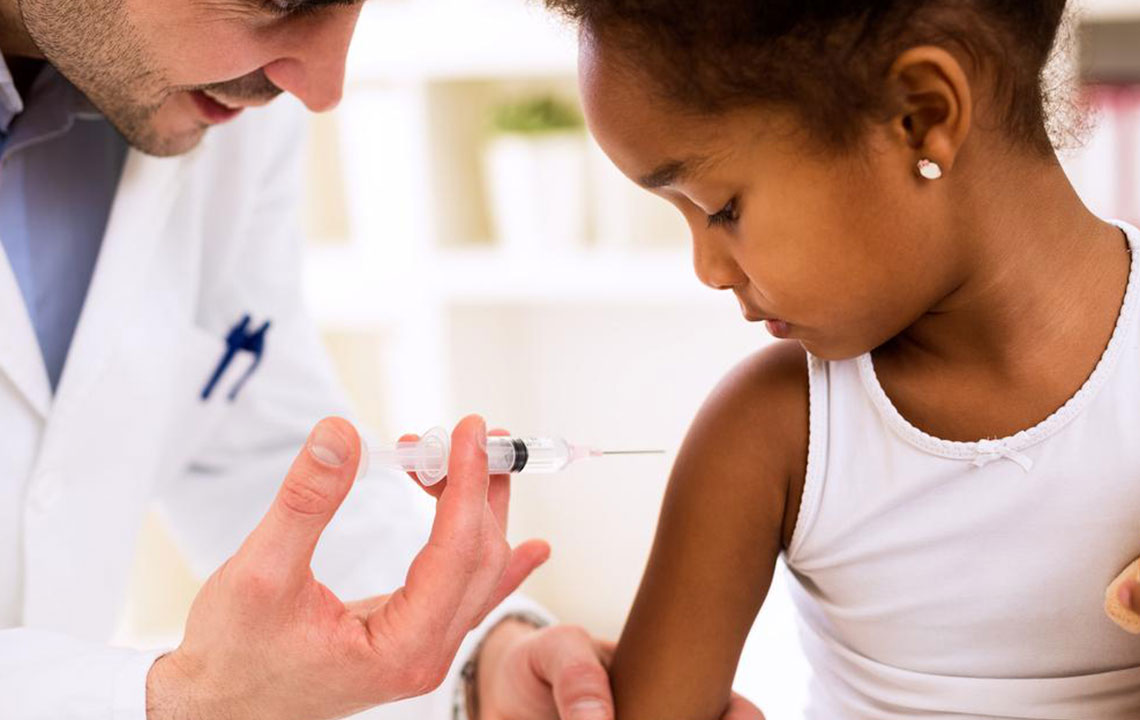Updated Vaccination Schedule for Adolescents and Preteens in 2023
Stay updated with the 2023 vaccination schedule for adolescents and preteens. This guide covers essential vaccines like Tdap, HPV, meningococcal, and more, helping parents ensure their kids are protected. Learn about the recommended ages, doses, and importance of immunizations to maintain health. Consult your healthcare provider for personalized vaccination plans to keep your teenager safe from preventable diseases. Proper immunization during this stage is crucial for long-term health and community protection.
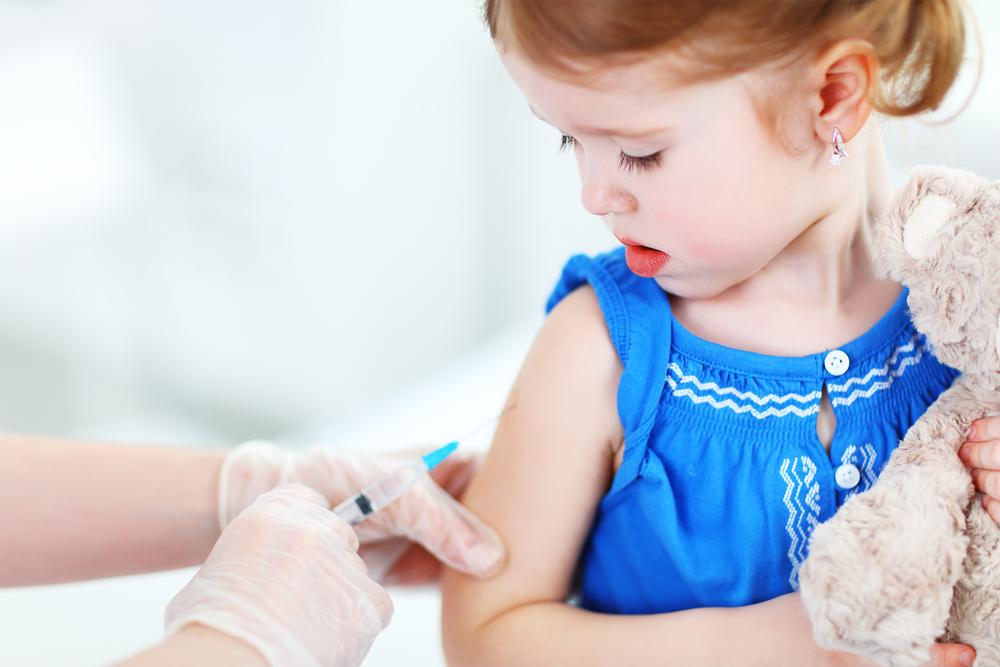
Vaccination Guidelines for Teens and Preteens in 2023
As children reach age seven, it's important to review their immunization status and ensure they receive any missing or additional vaccines. This phase of the vaccination schedule allows updates or catch-up doses for those who missed initial shots. Many vaccines originate from earlier childhood series but may require boosters during this period. Below are key vaccinations recommended by health authorities for adolescents and preteens to stay protected.
Diphtheria, Tetanus, and Pertussis (Tdap) – This vaccine safeguards against diphtheria, whooping cough, and tetanus. It’s typically administered around ages 11 or 12, especially if earlier DTaP doses were missed or booster shots are due.
For 11- to 12-year-olds, a Tdap booster is recommended if not already received. Adolescents aged 13 to 15 should consult their healthcare provider about additional doses or catch-up options.
Hepatitis B – The hepatitis B vaccine can be administered between 11 and 15 years of age. Confirm with your healthcare provider about appropriate dosing and schedule, especially if your child hasn't completed the series earlier.
Hepatitis A – If your child hasn't been vaccinated against hepatitis A during childhood, it’s advisable to schedule the shot between ages 11 and 15, as it helps prevent infection and spread.
Though hepatitis A generally doesn’t pose significant risks for children, vaccinating them reduces transmission to more vulnerable populations.
HPV (Human Papillomavirus) – This vaccine is recommended for children at 11 or 12 years old, with a second dose administered after six months. For teens aged 15 or older, three doses are recommended due to immune response variations if earlier doses were missed.
Meningococcal – To protect against meningitis, a first dose is advised at ages 11–12, followed by a booster at age 16 to maintain immunity.
Polio – If your child received all IPV doses before age 4, no further vaccination is needed. Otherwise, consult your healthcare provider regarding additional polio shots.
Influenza – An annual flu shot is recommended for everyone aged 6 months and older, due to evolving flu strains and vaccine updates each year.
MMR (Measles, Mumps, Rubella) – If your child missed MMR vaccinations, two doses can be administered at any time, with at least one month between doses.
Varicella (Chickenpox) – For children over 13 who haven't had chickenpox, two shots are needed, with at least a one-month gap. For younger children under 13, two doses are given four weeks apart if they haven't been vaccinated or experienced the illness.

